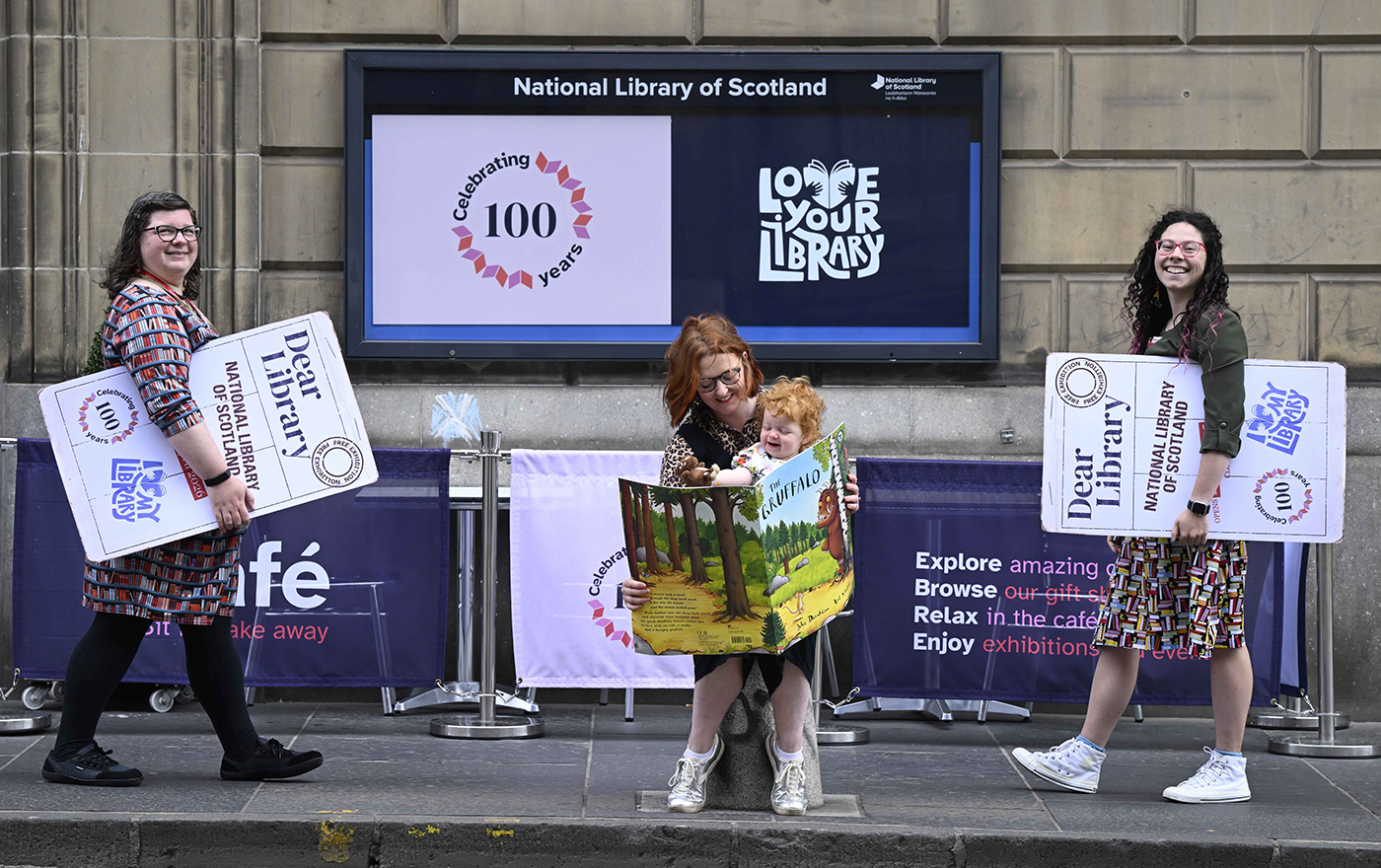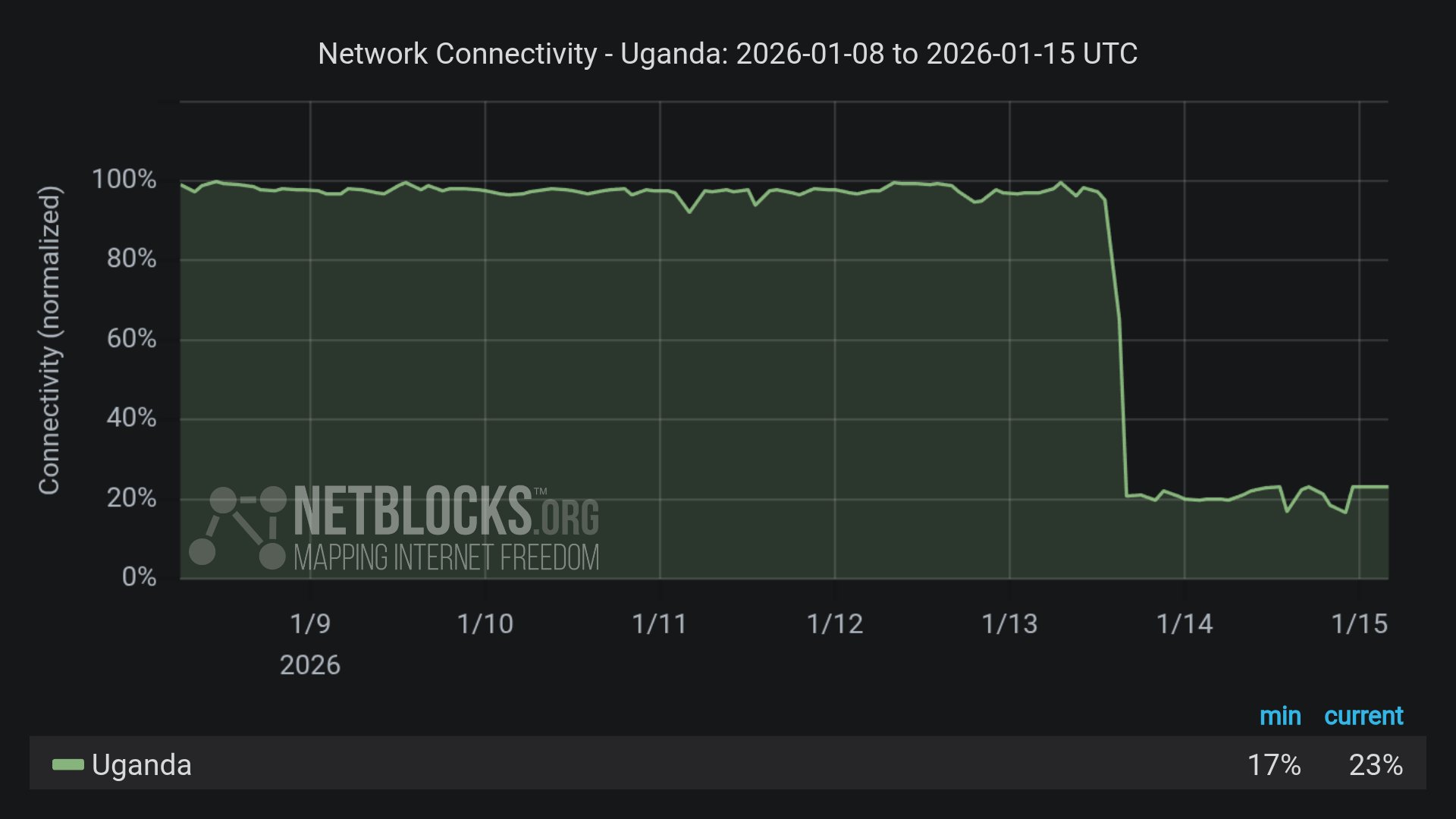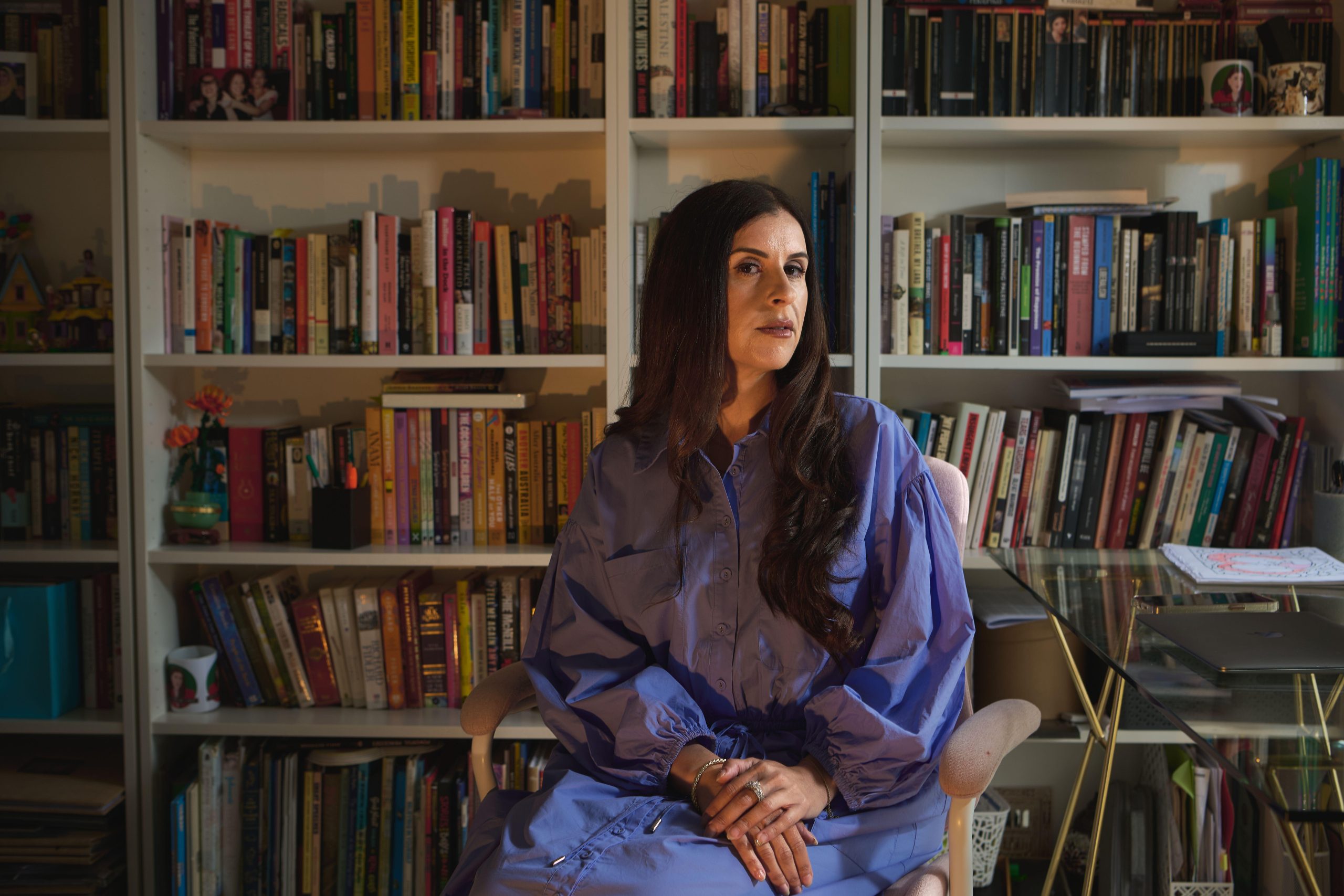The head librarian at the National Library of Scotland in Edinburgh most likely didn’t anticipate that a public call to nominate favourite Scottish books for the institution’s 100th anniversary would ignite a national controversy. But when The Women Who Wouldn’t Wheesht, a collection of essays by feminist writers including JK Rowling and former MP Joanna Cherry, was voted into the top 200, it sparked a long, fierce internal debate.
The book, which critiques gender self-ID reforms brought forward by Nicola Sturgeon’s government, is polarising. For some, it represents a defence of women’s rights; for others, it feels like a rejection of trans identities and a challenge to the legitimacy of their lived experience.
Faced with this tension, Amina Shah, the National Librarian, sought an equality impact assessment. The advice was mixed. Including the book might lead to protests from LGBTQ+ staff and allies. Excluding it could be perceived as censorship. Concerns had been raised by LGBT+ staff network about the book’s inclusion, and in consultation with the chair of the library’s board Drummond Bone, Shah ultimately decided the book would not be included in the display.
That could have been the end of it. But an FOI request filed by the book’s editors brought the decision-making process into public view and turned a quiet decision into a news story.
Much of the subsequent debate has turned on language. Some headlines have referred to The Women Who Wouldn’t Wheesht as a “banned book” – a claim others have taken issue with. After all, the National Library of Scotland has said the book is still available in its open reading room. Others have wrongly claimed it was removed after the exhibition began in June, rather than not being part of the display to begin with.
In this kind of charged environment, misinformation spreads quickly. So let’s be clear: the public was invited to select Scottish books for the Dear Library exhibition, created to mark the centenary. Apparently 523 books were nominated and the 200 that received the most nominations would make the main display. The Women Who Wouldn’t Wheesht made the cut with four votes. It was the only title (as far as we know) excluded from the display after qualifying. That’s not an impartial act of curation. It’s a deliberate exception. And exceptions based on viewpoint deserve scrutiny.
At Index, we’ve just reprised our role as the UK lead for Banned Books Week. We don’t champion books because we always agree with them, or even because we find them palatable. We champion them because books must be a space where ideas – even deeply uncomfortable ones – can be explored.
In recent years, we’ve seen how frequently books on LGBTQ+ themes are targeted for removal, particularly in the United States. In the UK, too, we’ve seen troubling signs: last month a Reform MP urged libraries in Kent to remove books on trans issues. We called it out. In that case, as here, defenders said it wasn’t censorship – the books were still available, just not in the spotlight.
Curation is never neutral. What gets displayed, what doesn’t, what is “safe” enough to be seen, these are all decisions that shape the cultural landscape. These decisions matter. A book moved from the front shelf to the back is a signal.
Some say the book in question promotes “hate”. They’re entitled to that view and indeed entitled to protest its inclusion. It’s also important to acknowledge that for many LGBTQ+ readers and staff, this isn’t just a political disagreement. It’s personal and painful. In a liberal democracy though, even speech that offends or unsettles us deserves protection, especially in books, where the whole point is to wrestle with complex, often conflicting, ideas. Books that are deemed “dangerous” or “offensive” have always existed. Many are now considered classics. Others remain debated. In all cases, open dialogue – not quiet removal – is the better path forward.
Ironically, the decision to exclude the book has only amplified its reach. In what some are calling a classic case of the Streisand Effect, sales have surged on Amazon. People are talking about it more than they ever would have otherwise.
And now, the consequences have broadened. One of the exhibition’s funders is reportedly unhappy. There’s speculation that Shah could face professional consequences. That, too, would be a mistake. This is, after all, a very fraught space. Shah was clearly trying to do, with the backing of her chair, what she thought was right, balancing the concerns of staff, readers and the broader public. She was between a rock and a hard place, a damned if do, damned if don’t situation. Instead of continuing with the message that you can face professional risks either way, we should be asking how we can hold space for difficult conversations, without silencing people on either side. Because this isn’t just about one book, or one exhibition. It’s about a moment in which institutions are being pushed and pulled by opposing forces, and trying, often imperfectly, to chart a course through it all.
Ultimately, we need space for discomfort, for disagreement, and above all, for empathy. That’s how democracies grow – not by hiding books away, but by reading them, debating them and understanding why they matter.






